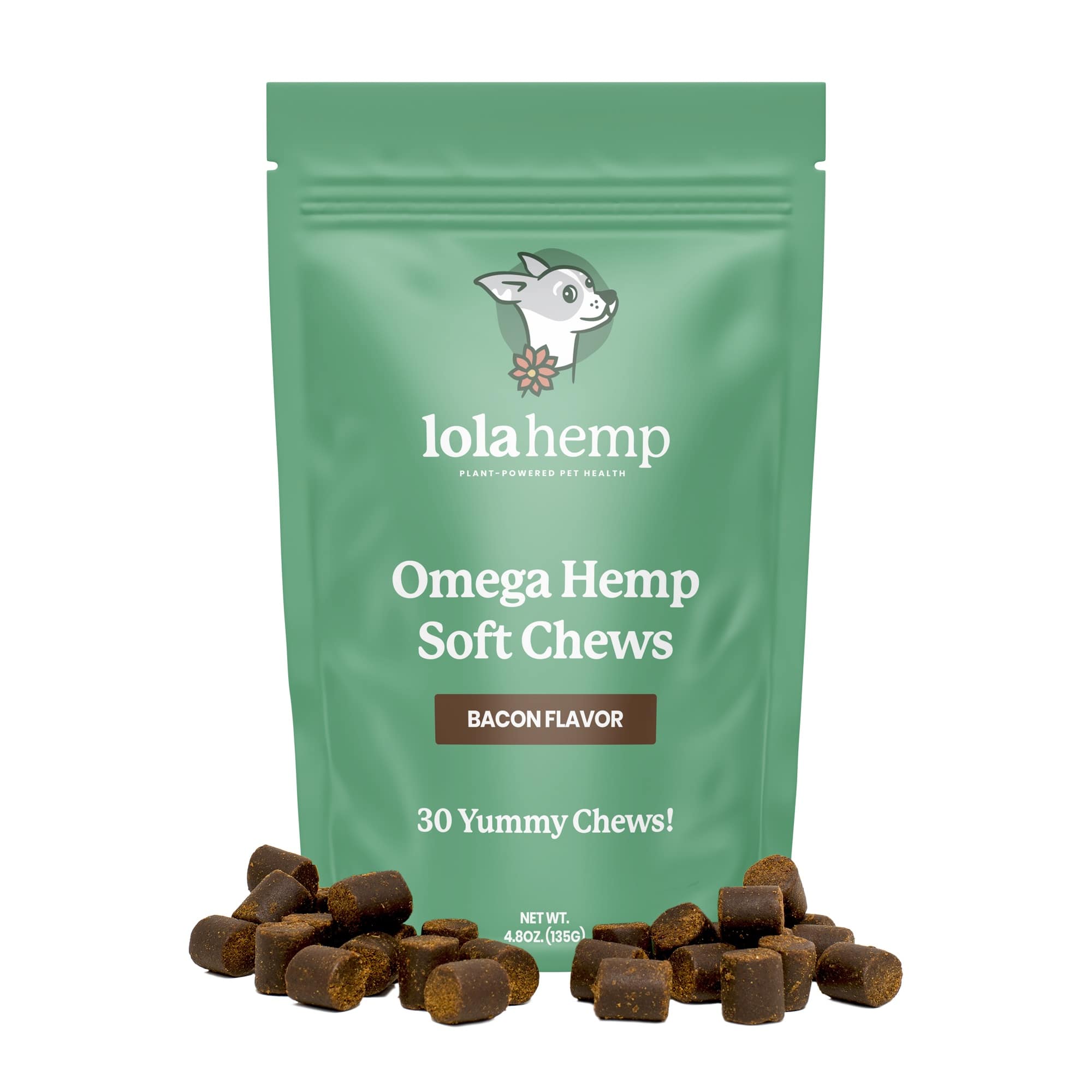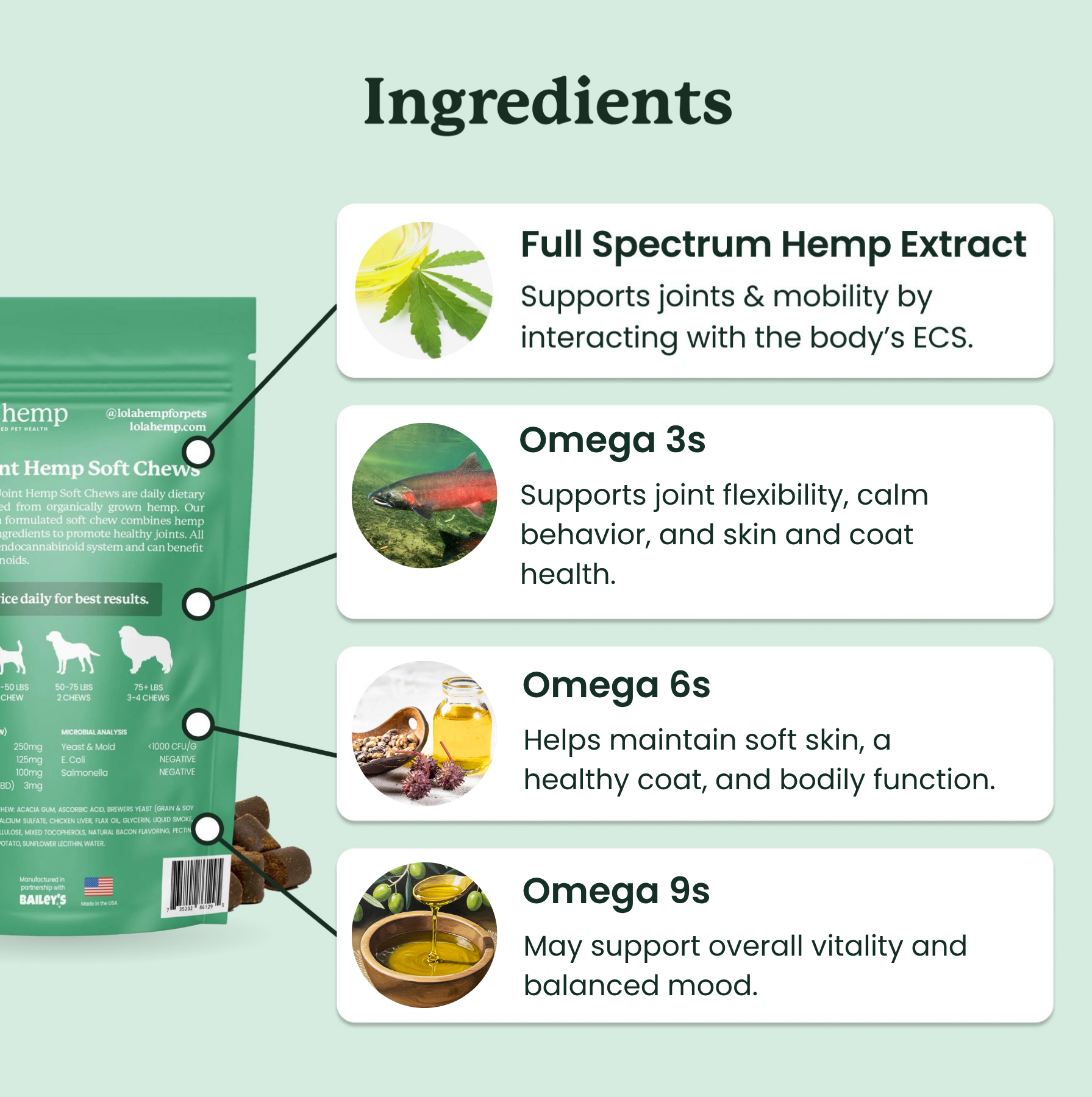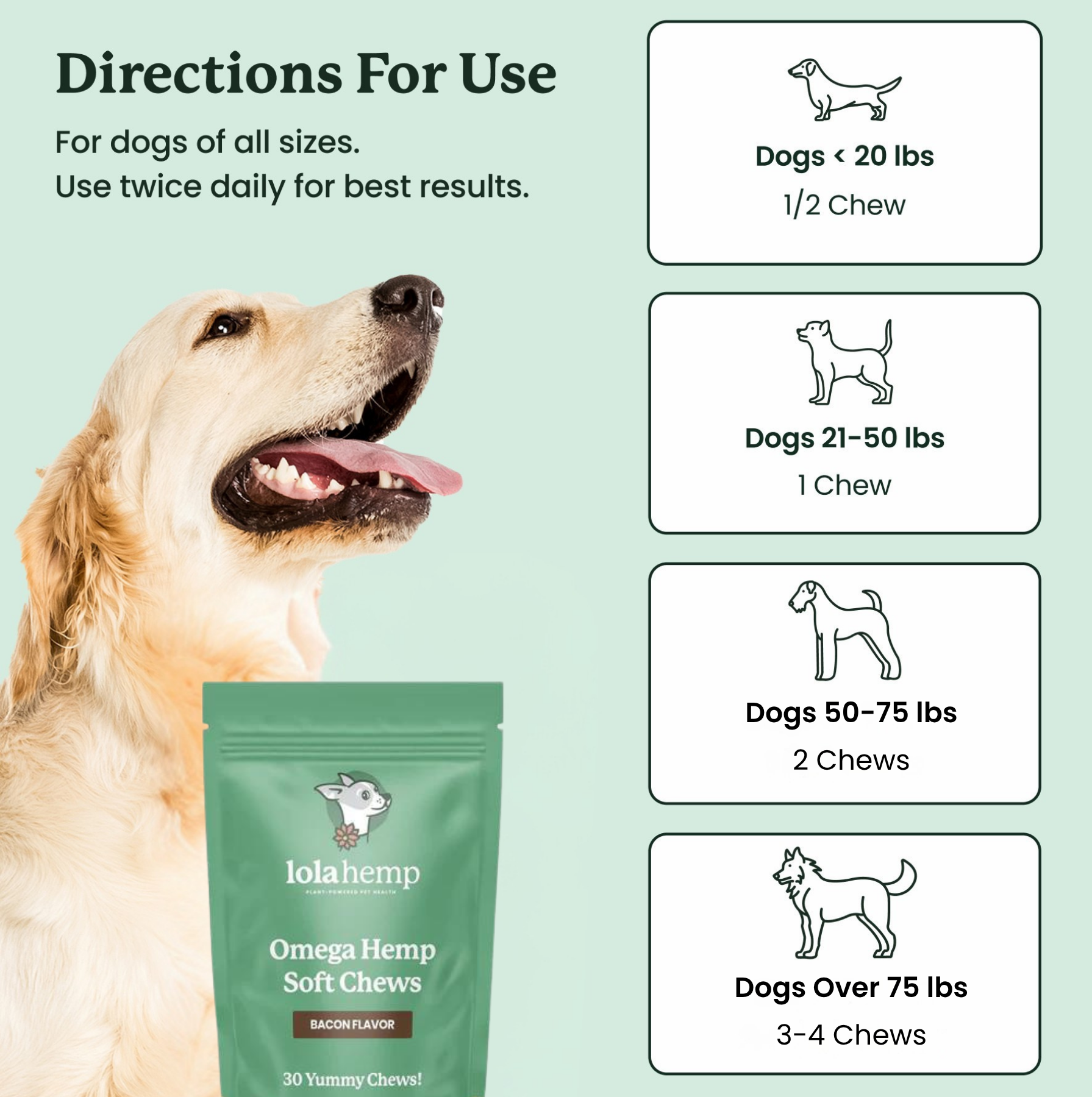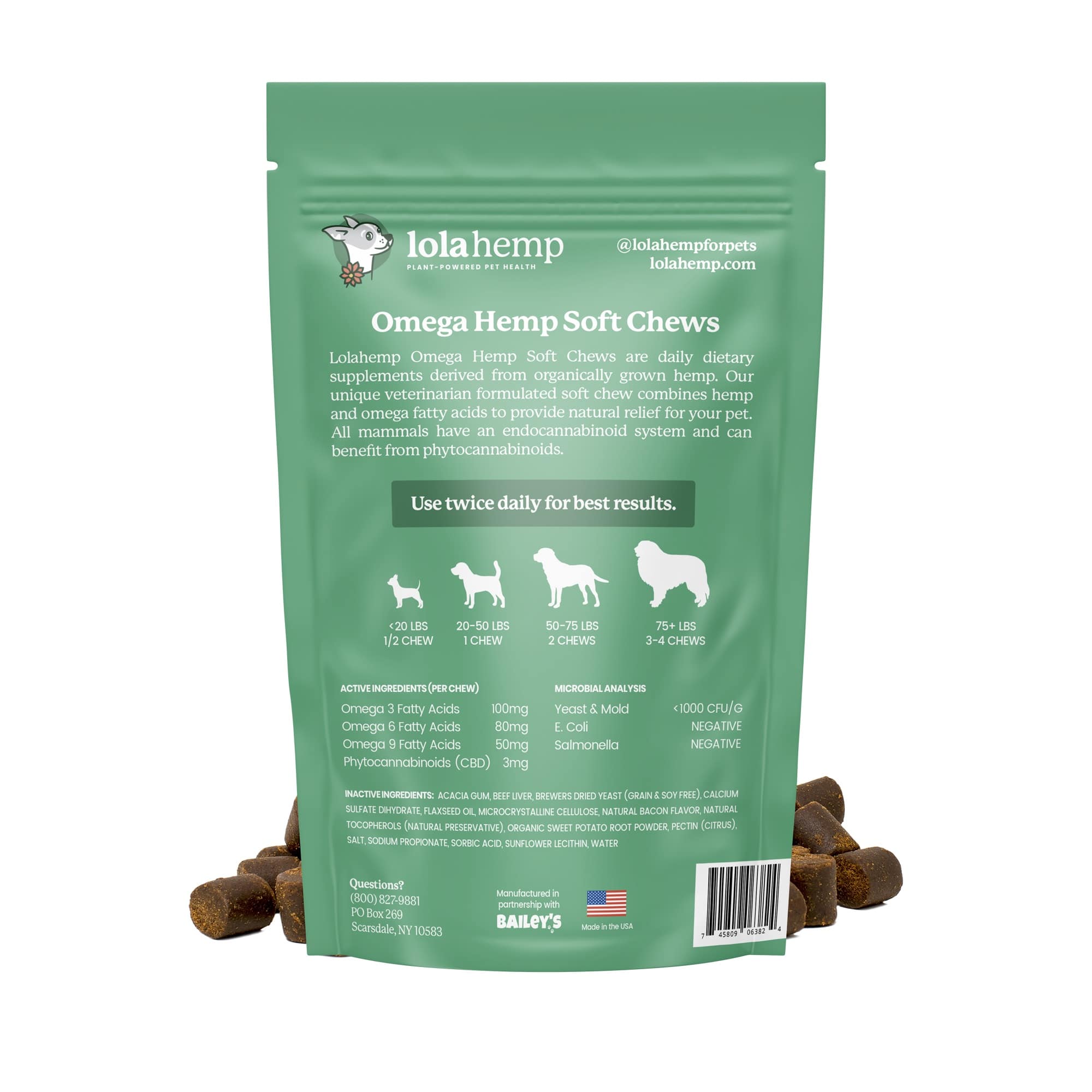As dog owners, one of the most important questions we ask is: How long will my dog live? While every dog is unique, understanding the factors that affect their lifespan can help you provide them with the best care.
From breed and size to genetics and health, the longevity of a dog depends on several key factors. This article explores the average lifespan of dogs and offers insights on how to help your furry friend live a long, healthy, and happy life.
The Average Lifespan of a Dog
The average dog lifespan varies significantly based on breed and size. Most dogs live between 10 to 13 years, but smaller breeds often outlive larger ones. Chihuahuas may live into their late teens, while giant breeds like Great Danes typically have shorter lifespans of 7 to 10 years.
Understanding your dog’s breed-specific lifespan helps you plan for their long-term care and health needs.
Factors Influencing Dog Lifespan
A dog’s lifespan is shaped by genetics, diet, exercise, and veterinary care. Regular vet visits, balanced nutrition, and preventive care are key to longevity. Maintaining a healthy weight and keeping your dog active can also reduce the risk of arthritis, diabetes, and heart disease.
Breed-Specific Lifespan Differences
Each breed has unique genetics that affect how long it lives. Here’s a quick breakdown of the average lifespan by size:
Small Breed Dogs: 12–17 Years
Smaller breeds tend to live the longest, with many reaching their mid to late teens.
- Chihuahua: 15–17 years
- Yorkshire Terrier: 12–15 years
- Pomeranian: 14–16 years
Medium Breed Dogs: 12–15 Years
Medium dogs live slightly shorter lives but often remain active into their senior years.
- Beagle: 12–15 years
- Bulldog: 10–12 years
- Australian Cattle Dog: 12–15 years
- Border Collie: 12–15 years
Large Breed Dogs: 8–12 Years
Larger breeds have faster metabolisms and age more quickly, often resulting in shorter lifespans.
- Golden Retriever: 10–12 years
- Great Dane: 7–10 years
- Rottweiler: 9–10 years
- Irish Wolfhound: 8–10 years
- Newfoundland: 10–12 years

Ways to Help Your Dog Live a Long, Happy Life
- Proper Nutrition and Portion Control: Feed a balanced diet based on your dog’s size and age. Avoid overfeeding and consult your vet for diet guidance.
- Regular Exercise and Mental Stimulation: Daily walks, play, and puzzle toys help keep your dog fit and mentally sharp.
- Preventive Healthcare: Schedule annual vet check-ups, vaccinations, and flea/tick prevention. Early detection can extend your dog’s life.
- Dental Care: Brush regularly and use dental treats or toys. Poor dental health can lead to systemic illness.
- Managing Stress and Anxiety: Create a calm, safe environment. Use positive reinforcement and, if needed, seek help from trainers or vets.
- Weight Management: Keep your dog lean to reduce stress on joints and prevent disease. Work with your vet for a healthy weight plan.
- Avoiding Toxins and Hazards: Keep dangerous plants, chemicals, and foods out of reach. Be cautious outdoors to prevent exposure to toxic plants or pesticides.

Conclusion
A dog’s lifespan is shaped by care, genetics, and lifestyle. Each year together is a gift — one best extended through good nutrition, exercise, love, and preventive care.
If your senior dog could use extra support, Lolahemp offers wellness products that have helped thousands of older dogs feel their best again. Read the reviews and see the difference for yourself.
Frequently Asked Questions about Dog Lifespan
What is the average lifespan of a dog?
Most dogs live between 10 and 13 years, though smaller breeds can reach 15 to 18 years while larger breeds may live 7 to 10 years on average.
Do mixed-breed dogs live longer than purebreds?
Yes, mixed-breed dogs often live slightly longer than purebreds because they tend to have greater genetic diversity and lower risk for breed-specific health issues.
How can I help my dog live longer?
Feed a balanced diet, maintain a healthy weight, ensure regular vet visits, and keep your dog mentally and physically active. Preventive care and affection go a long way.
Does exercise increase a dog's lifespan?
Yes. Regular exercise keeps your dog fit, prevents obesity, and improves heart and joint health — all of which contribute to a longer, happier life.
What are common causes of early death in dogs?
Common causes include obesity, heart disease, cancer, and untreated infections. Early detection and proactive care can reduce many of these risks.









